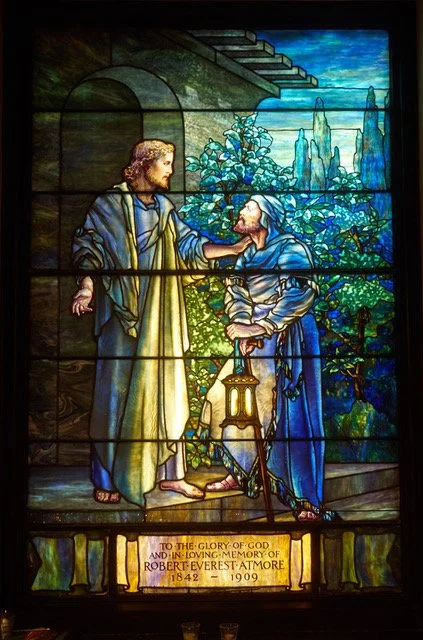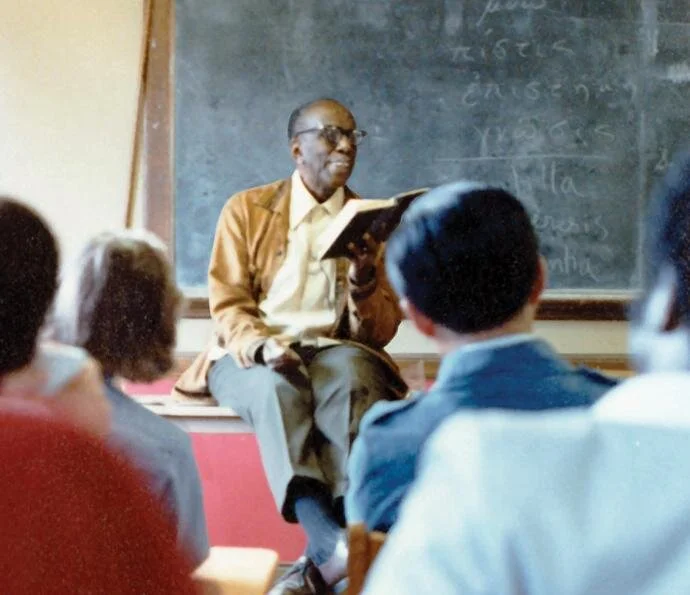Friday Reflection: On Lent, A New Kind of Opportunity
“You shall love the Lord your God with all your heart, and with all your soul, and with all your mind. This is the greatest and first commandment. And a second is like it: you shall love your neighbor as yourself.”
I. In the midst of great antagonism and anxiety, illness and suffering, grief and loss, and a year like no other, suddenly it’s Lent.
II. We all know about Lent and what it is meant to be and, for the most part, we know what is expected of us during its six weeks. Whatever one’s point of view, it is not uncommon for many of us to see and experience Lent as a somewhat negative encounter, as a time of giving up, of saying no. And especially in this time of the pandemic, Lent, for many of us, could be connected with more darkness.
III. In this second year of Covid-19 and all that has come with it, we at Saint Stephen’s want to approach Lent as a time of opportunity rather than a time of self-denial and anxiety.
To articulate this approach to Lent, we will use the language and rubric of the Book of Common Prayer, specifically the Ash Wednesday Litany of Penitence on pages 267-269.** Over the next six weeks, through Holy Week (March 29-April 2), Suzanne Glover Lindsay and I will offer short reflections on some of the petitions of confession, repentance, and resolve from the litany. Our focus will be on our conviction that Lent offers a way to restore and/or renew our life of prayer for ourselves and for one another. On February 26, Suzanne will offer a special celebration of the consecration of Saint Stephen’s (February 27, 1823) which as a church “bore the way of Lent in its DNA.”
IV. The verses from Matthew that begin this reflection are at the very core of our lives as Christians. Here is Petition #1 from The Litany that mirrors the Matthew text:
We have not loved you with our whole heart, and mind, and strength. We have not loved our neighbors as ourselves. We have not forgiven others, as we have been forgiven.
What this petition asks us to examine is our own passivity and carelessness in maintaining and nurturing our relationship with God and with our neighbors. The petition is very explicit so there is no way around its demands. To be faithful to this petition—and to Matthew’s text—we need a strong and constant life of prayer, that, (paraphrasing Henri Nouwen), leads us to think, speak and live in the presence of God. It is simply not possible to meet these two great commandments without some form of daily prayer.
V. Petition #1 from the Litany of Penitence adds a third dimension to this petition of confession and that is forgiveness. If forgiveness is not part of the confession, the two great commandments are almost impossible to keep. If we cannot forgive, can we love and live with our whole selves? How it is possible to live in the presence of God and our neighbor without forgiveness and without prayer?
VI. What an opportunity we have in a deeper understanding of Lent as a time that invites more fervent and regular prayer, whatever form that prayer may take. It is prayer that is going to make us whole so that we can love God, love our neighbors, and forgive, as God and our neighbors have forgiven us.
—Father Peter Kountz









